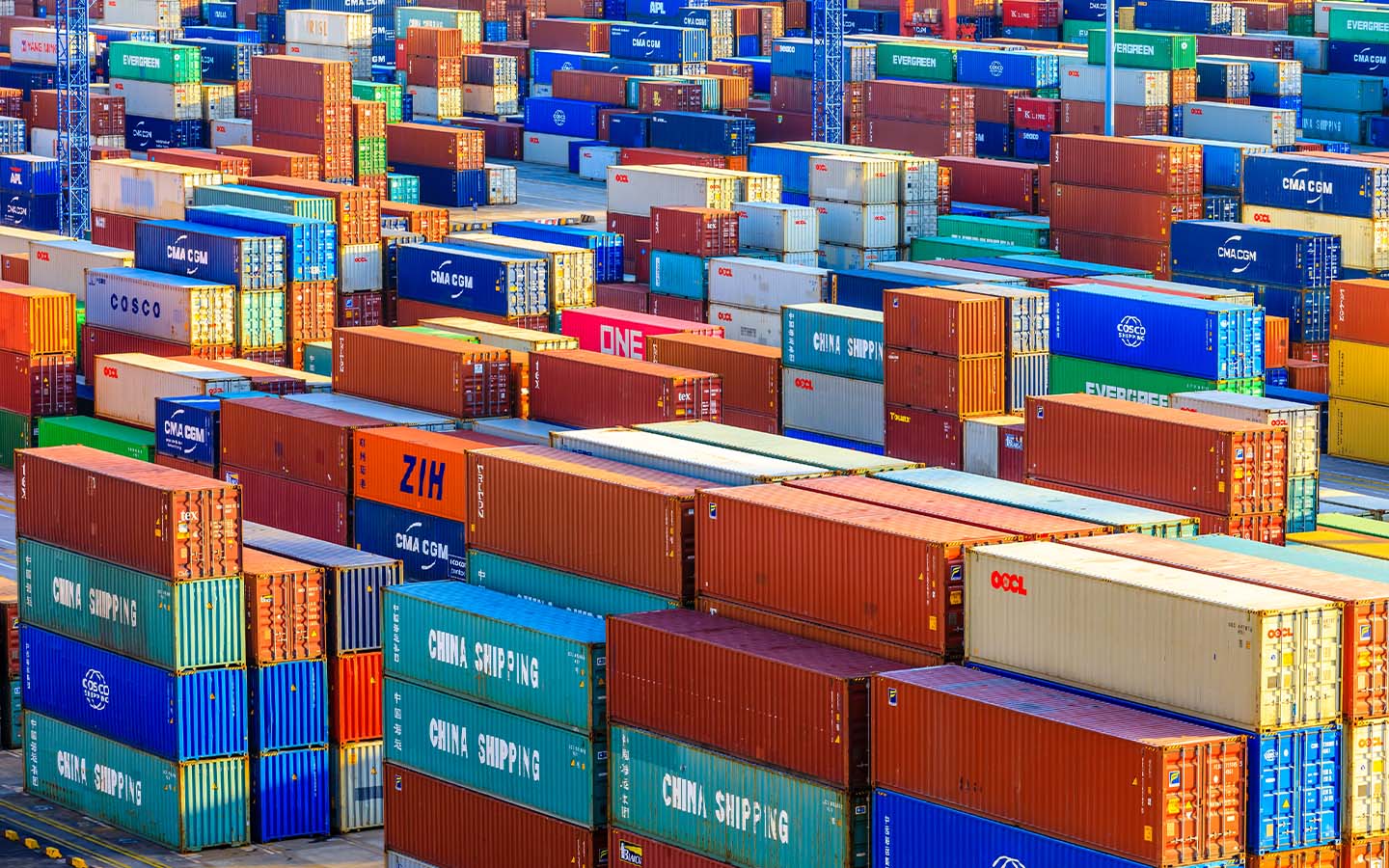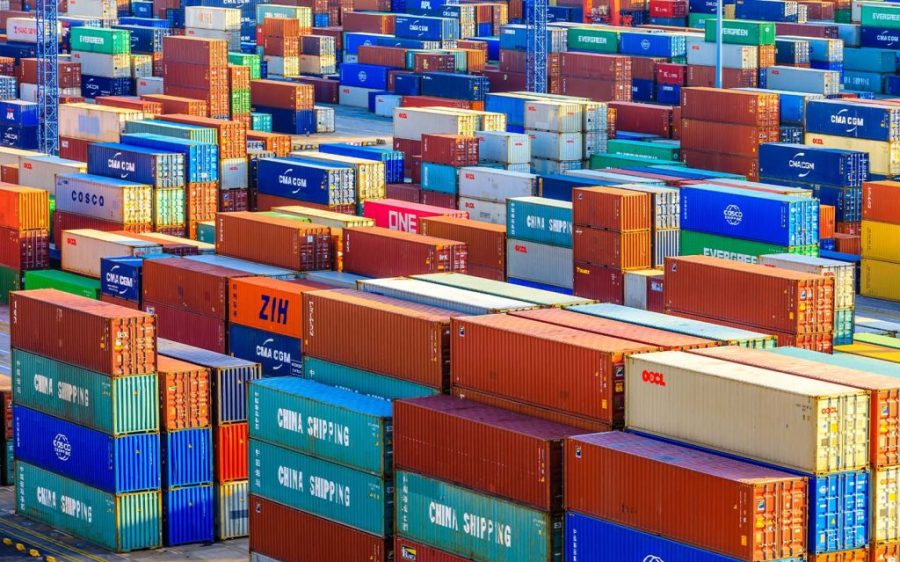Two top China experts have said that the country is unlikely to respond with “aggressive” retaliation once US president-elect Donald Trump enacts his proposed tariffs on Chinese-made products, the South China Morning Post reports.
Wang Tao, chief China economist at UBS, and Mary Lovely, a senior fellow at the Peterson Institute for International Economics (a US think-tank), say the tariffs – which Trump has indicated could be as high as 60 percent – would disrupt both US and Chinese supply chains. Wang also noted that the tariffs could contract China’s economy by more than 1.5 percent.
However, Wang said that Beijing may look at policy responses outside the realm of retaliatory tariff hikes. She highlighted further fiscal measures to boost domestic demand and the depreciation of the yuan as possible options to offset the impact of the increased levies, which could hit soon after Trump takes office in January.
[See more: What the Trump victory could mean for China]
The economists agreed that the tariffs would also deepen Beijing’s trade cooperation with other parts of the world, as it incorporates other countries and regions, particularly Southeast Asia, into its supply chains.
Wang pointed to China’s Belt and Road Initiative, which is expected to see outbound investments reach US$200 billion this year, as a means of diversifying supply chains. Last week’s inauguration of the Chinese-built Chancay mega-port in Peru is one example of how China is strengthening its ties to other parts of the world – even those traditionally regarded as Washington’s sphere of influence.
Tensions are currently high between China and the US, as Washington seeks to curtail the rise of its main political rival. The US is waging a tech war on China, and the expectation of tariff hikes by the incoming Trump administration has seemingly spurred Chinese exporters to front-load shipments ahead of a possible trade war.






